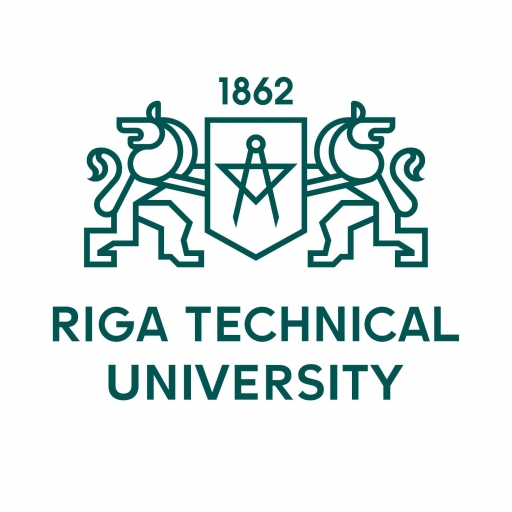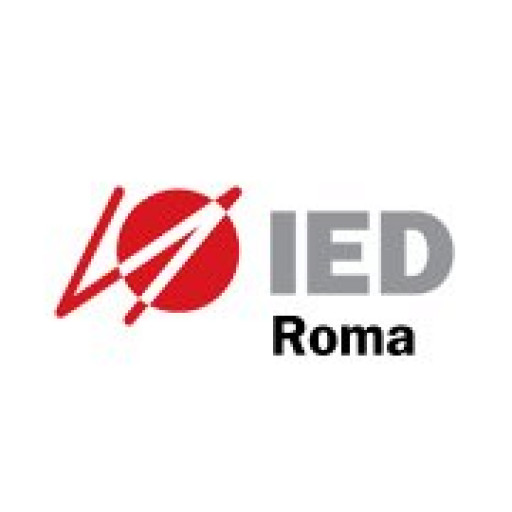Photos of university / #carnegiemellon
Design at Carnegie Mellon University is a comprehensive and innovative program that prepares students to become leaders in the diverse and evolving field of design. Combining artistic creativity with rigorous technical skills, the program emphasizes user-centered design, critical thinking, and problem-solving to address complex challenges across various industries. Students engage in a multidisciplinary curriculum that integrates principles of visual communication, interaction design, product development, and strategic thinking, fostering a deep understanding of both the aesthetic and functional aspects of design. Through hands-on projects, collaborative work, and exposure to the latest technological tools, learners gain practical experience that prepares them for careers in industries such as digital media, advertising, product design, and human-computer interaction. The program encourages innovation and entrepreneurship, empowering students to create meaningful and impactful solutions that improve user experience and societal well-being. Faculty members are distinguished experts and practitioners who provide mentorship and industry insights, ensuring that students are well-equipped to meet current and future design challenges. The university's commitment to research, diversity, and inclusion further enriches the learning environment, opening opportunities for students to explore groundbreaking ideas and diverse perspectives. Graduates of the Design program at Carnegie Mellon are highly sought after by top companies, startups, and research institutions worldwide, thanks to the program’s reputation for excellence and emphasis on real-world application. Whether students aspire to careers in UX/UI design, digital media, industrial design, or innovation consultancy, the program offers a dynamic and supportive community that nurtures creativity, critical analysis, and technical mastery. With state-of-the-art facilities, extensive industry partnerships, and a vibrant campus culture, Carnegie Mellon’s Design program prepares students not only to succeed but to lead in shaping the future of design.
MDes: Year One
1 Fall First Year
- Seminar: Interaction & Service Design Concepts
- Studio: Designing for Interactions
- Interaction Design Lab
- Communication Design Studio: Theory & Practice
- Colloquium
- Thesis Prep
2 Spring First Year
- Seminar: Transition Design
- Studio: Research-Based Design for Interactions
- Design Research Methods
- Thesis Prep
- Elective
MDes: Year Two
3 Fall Second Year
- MDes Thesis Project
- Seminar: Advanced Interaction & Service Design Concepts
- Elective
4 Spring Second Year
- MDes Thesis Project
- Elective
- Elective
MDes and MPS Degrees:
- A Baccalaureate degree in design from an accredited institution, with a strong record of academic achievement
- A design background evident in your portfolio, including, for example, elements of visual design, typography, layout and composition, color, illustration, information design, filmmaking, photography, and experience with design process, iteration, critique and visual communication.
- At least two years of professional or teaching experience
- A statement of intent
- Letters of recommendation
- GRE test scores
- TOEFL/IELTS scores where applicable
- Official transcripts
- A link to your portfolio
- Your admissions fee
Scholarships
For full-time graduate students in the MDES, MPS and MA programs, we offer paid assistantships of $2,000 per semester in exchange for approximately six hours of work per week. All applicants are invited to apply for one of these assistantships.
We have a limited number of merit scholarships offering partial tuition support, available to select candidates. Scholarship recipients will be notified as part of their acceptance package, upon review of applications by the admissions committee.
Design at Carnegie Mellon University is a comprehensive, interdisciplinary program that emphasizes innovation, creativity, and technical expertise. The program prepares students to become leaders in the fields of industrial design, communication design, interaction design, and related areas. Students gain a broad understanding of design principles combined with hands-on experience in prototyping, user experience, and visual communication. The curriculum is designed to foster critical thinking, problem-solving skills, and an understanding of the social and cultural impacts of design. Students have access to state-of-the-art facilities, including dedicated studios, advanced prototyping labs, and digital fabrication tools, enabling them to bring their ideas to life effectively. The program often collaborates with industry partners, providing students opportunities for internships and real-world projects that enhance their professional readiness. Faculty members are experienced professionals and researchers committed to mentoring students and advancing innovative design practices. Graduates of the program are equipped to work in various sectors such as technology, entertainment, healthcare, environment, and education, contributing to the development of user-centered and sustainable solutions. The program also emphasizes entrepreneurial skills, encouraging students to develop start-up ventures or innovative products. Students can participate in design exhibitions, competitions, and conferences globally, showcasing their work and gaining valuable exposure. Overall, the Design program at Carnegie Mellon is dedicated to fostering a vibrant community of creators and thinkers, supported by a rigorous academic environment that nurtures both technical proficiency and artistic expression.









